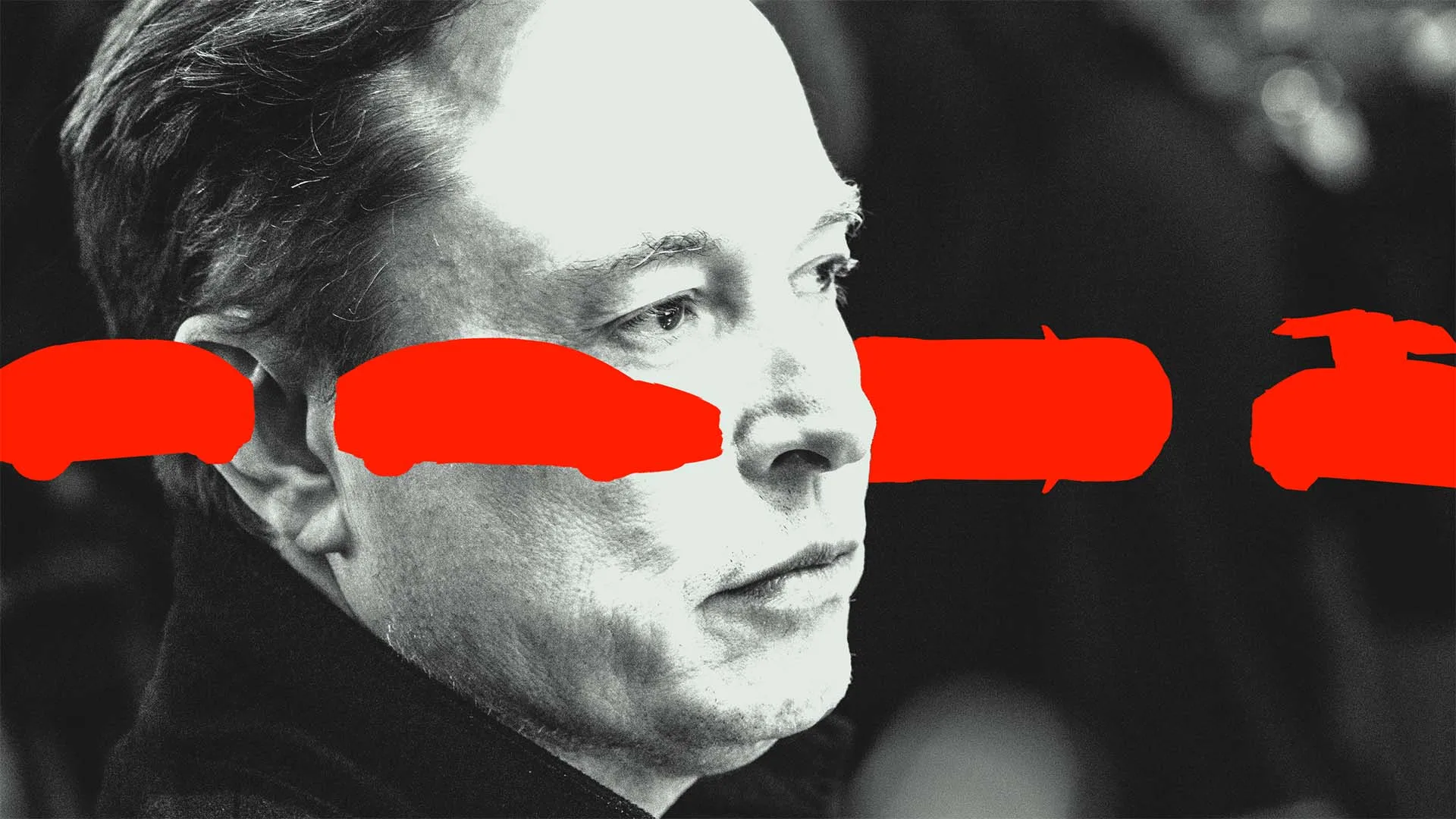
The reaction, when it finally came for Rory McIlroy, was a convulsion, a sense of catharsis so overwhelming that it left him physically heaving. His face puce and his body shaking, he was so spent by the time he holed his four-foot birdie putt at the 18th for a first Green Jacket that he crumpled to the ground.
At last, the boy from Holywood has his Hollywood ending. For so long tormented here at Augusta, chasing the white whale of a career Grand Slam, he expiated the curse in thrilling, bewildering, stomach-churning style, completing the full set of golf’s greatest prizes by rallying from every improbable setback.
Truly, this was sport at its most monumental.
Rory McIlroy gave everything. #themasterspic.twitter.com/Iv38QeVTbm
— The Masters (@TheMasters) April 13, 2025
Resilience feels inadequate as a description. This was sporting courage at its finest, a definitive rebuke to the idea that McIlroy could never overcome his fragility in sight of the finishing line. He had let so many auspicious positions slip since his last major triumph in 2014, but this was one chance he refused to relinquish.
Far from quailing under pressure, he strode towards it. He did not simply have to win the Masters, the one prize he had coveted above all else. He had to win it three times over, suppressing the malevolent voices inside his head by going on the attack under the greatest strain. At the 15th, the 17th, and again at the 18th, in a play-off you feared he would lose in his addled state to Justin Rose, he conjured golf from the gods.
With the light fading across Augusta National, McIlroy, resplendent in green, struggled to absorb the magnitude of the moment. First his voice quavered in the Butler Cabin, as he reflected on the sacrifices made in Northern Ireland by his mother Rosie and father Gerry to put him on this path to global glory, one of only six men in the sport ever to grasp the Grand Slam. And again he became tearful at the victory presentation as he caught sight of Poppy, his four-year-old daughter, watching alongside his wife Erica. “Never give up on your dreams,” he told her.
The image of McIlroy as a fragile soul has been shattered. He is emotional, certainly. But as a competitor, McIlroy has shown beyond doubt that the frailties are exaggerated, holding his nerve just as history suggested he would wilt. He had suffered the most bruising back-nine ordeal, watching a five-shot lead of the Masters dissolve in 25 minutes. Still he rallied, repeatedly, as if resolving that this time he would script a different ending. “I started to wonder if it would ever be my time,” he said. “But the way I responded to the setbacks, I couldn’t be prouder of myself.”
The adoration greeting McIlroy on his walk back to the clubhouse was sincere. There is a reason why he is the most compelling player of his era, and it is because he is always utterly authentic. Unafraid to weep or to show how all-consuming the effort has been, he combines his phenomenal ...







